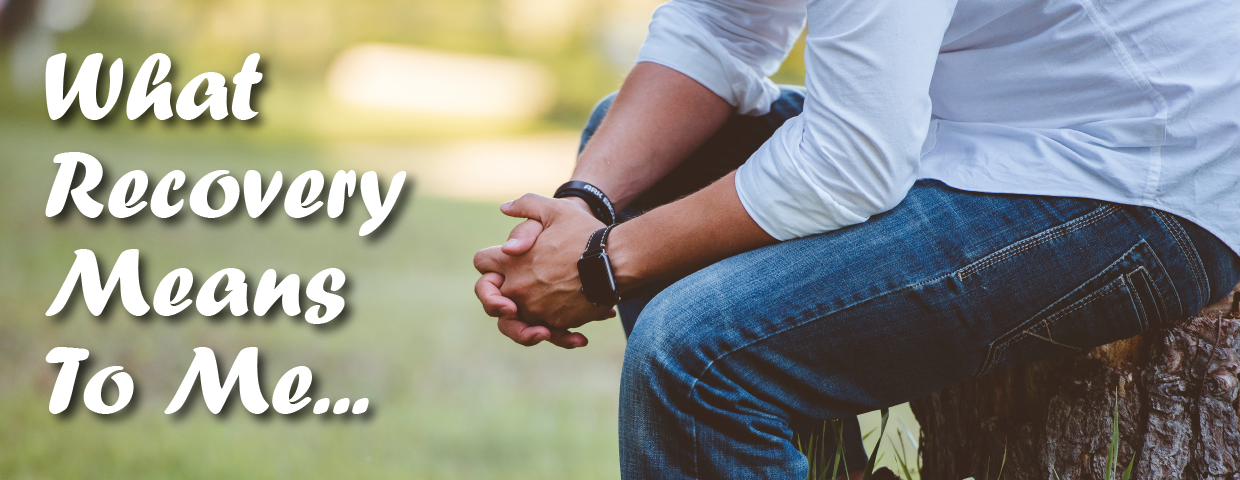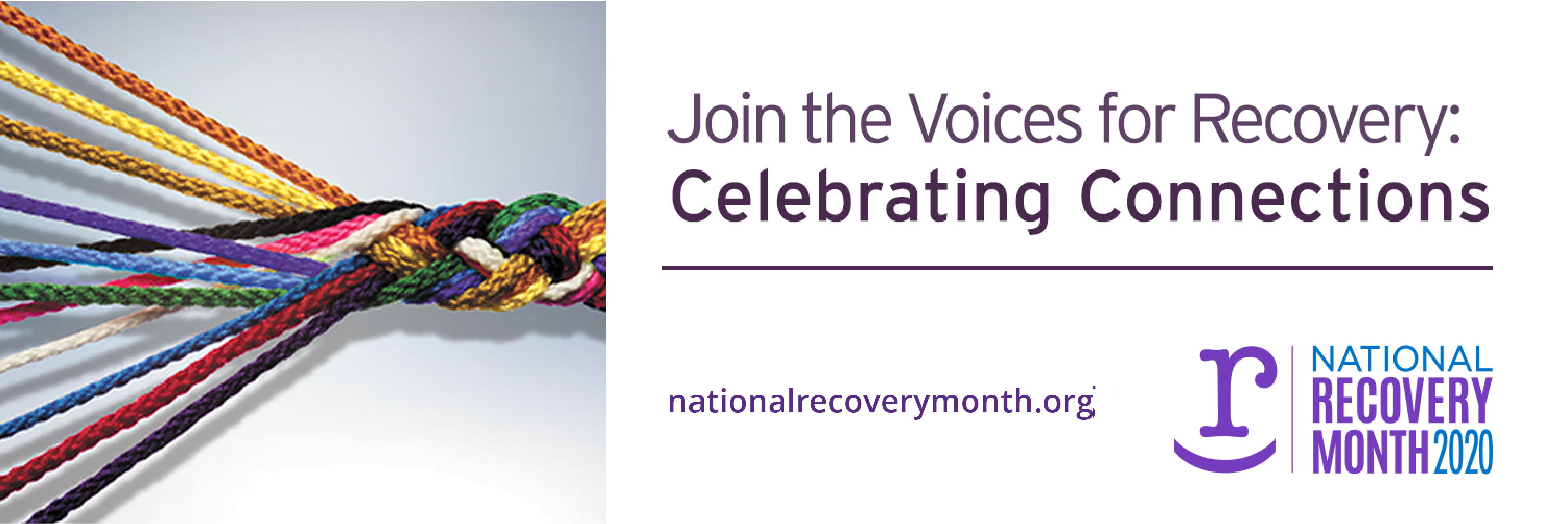In a world of social media it may seem like everyone is an open book. Their lives are on display through Facebook updates and Snapchat stories and everything always looks perfect! But that’s hardly the truth, right? Everyone’s lives go through periods of rest and periods of turmoil. Social media is a haven for presenting […]
Family Life Center Blog
What Does Recovery Mean?
It depends on who you ask. According to the Substance Abuse and Mental Health Administration (SAMHSA), recovery from alcohol and drug problems is a process of change through which an individual achieves abstinence and improved health, wellness, and quality of life. This seems obvious to most of us today but in 2005 when the agency […]
Celebrating Recovery Milestones
CELEBRATING RECOVERY MILESTONES Your decision to stay sober is something to celebrate. Many people in addiction recovery set aside days to remember their specific recovery milestones with the people they love. What Is a Sobriety Birthday? A sobriety milestone — or what some people call a sobriety birthday — is a celebration of the special […]
What Recovery Means…
We held an essay contest asking those currently working through recovery what it means to them. Below are the contest winner and runner up’s essays, kept anonymous for their privacy. What Does Recovery Mean to Me? – Contest Winner To me recovery means to transform to a normal state of health, mind, and strength. In […]
2020 National Recovery Month – Celebrating Connections
National Recovery Month is held every September to raise awareness and educate Americans that recovery is possible and through treatment thousands of people live healthy and rewarding lives. The theme for the 2020 National Recovery Month is Join the Voices for Recovery: Celebrating Connections. In its 31st year, National Recovery Month honors the achievements made by […]
Understanding Anger
Anger is a normal, healthy emotion, neither good nor bad. Like any emotion, it conveys a message, telling you that a situation is upsetting, unjust, or threatening. If your knee-jerk reaction to anger is to explode, however, that message never has a chance to be conveyed. So, while it’s perfectly normal to feel angry when […]







